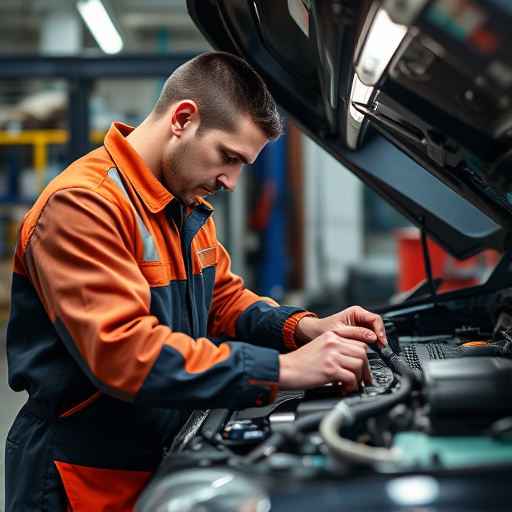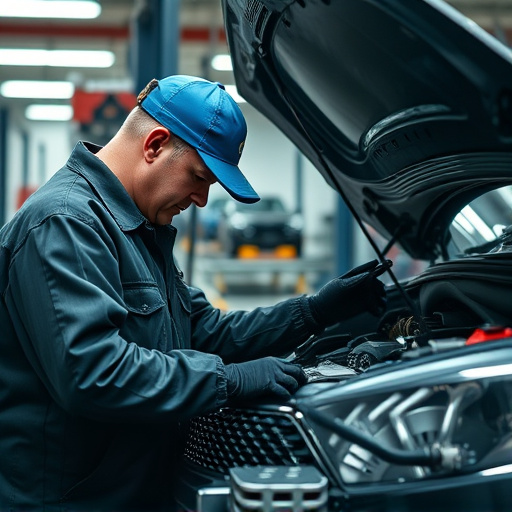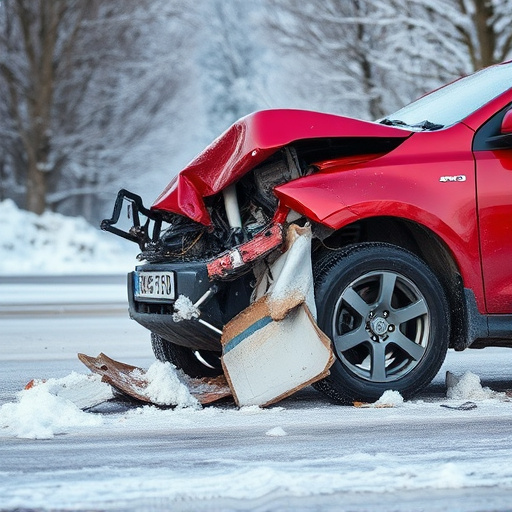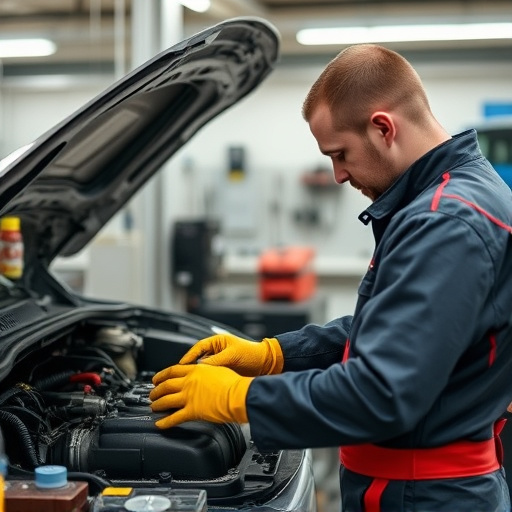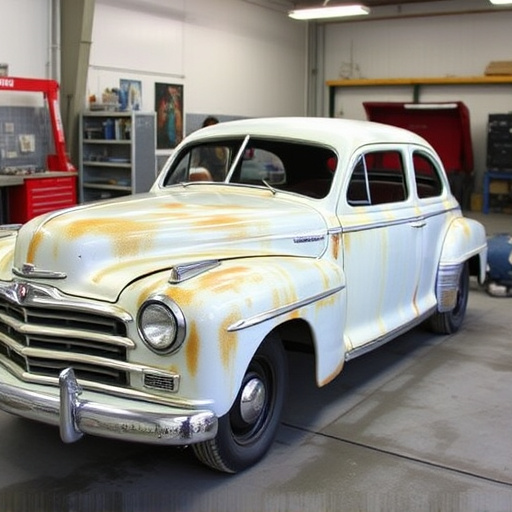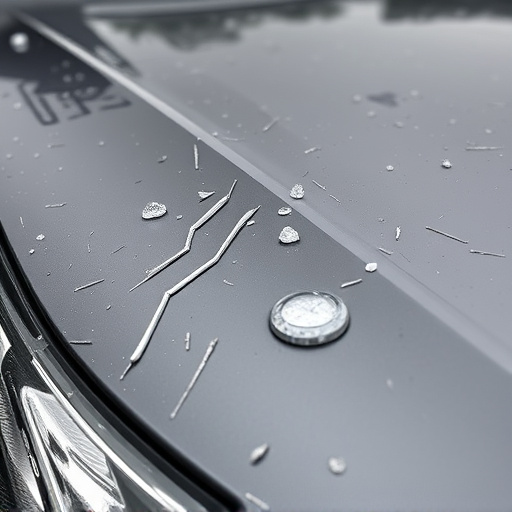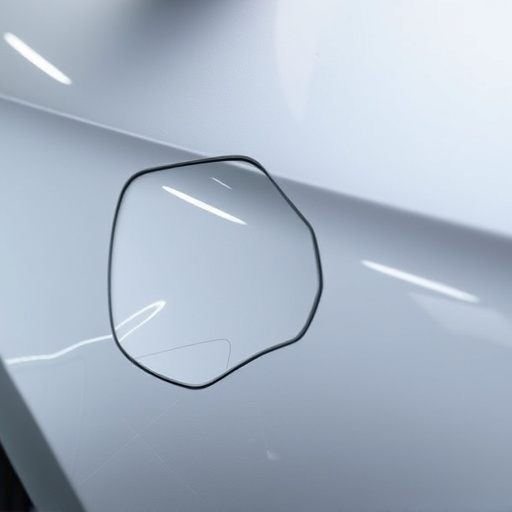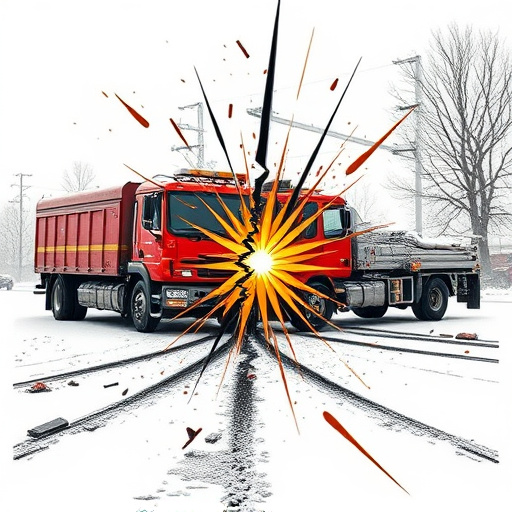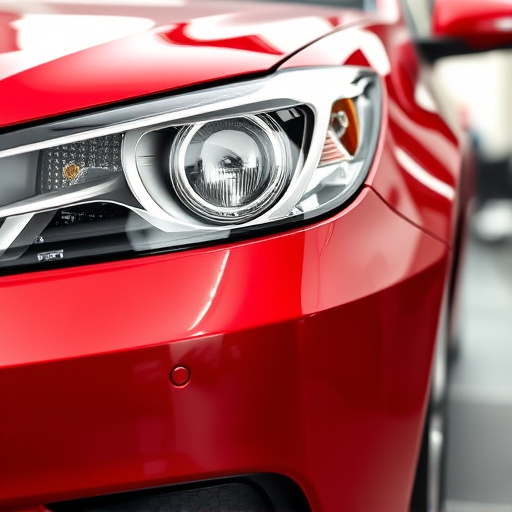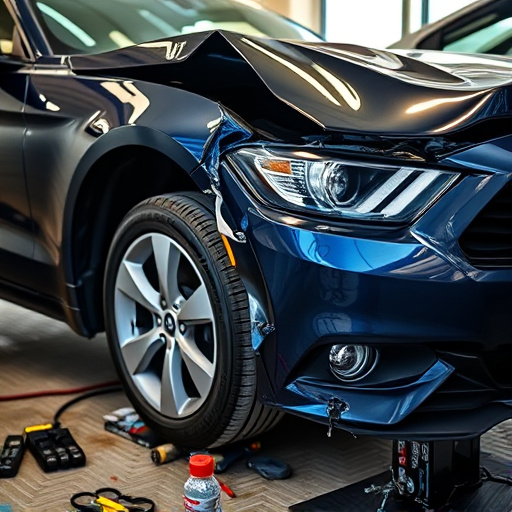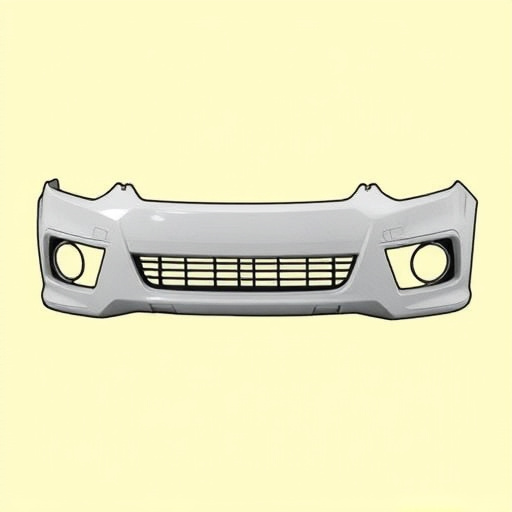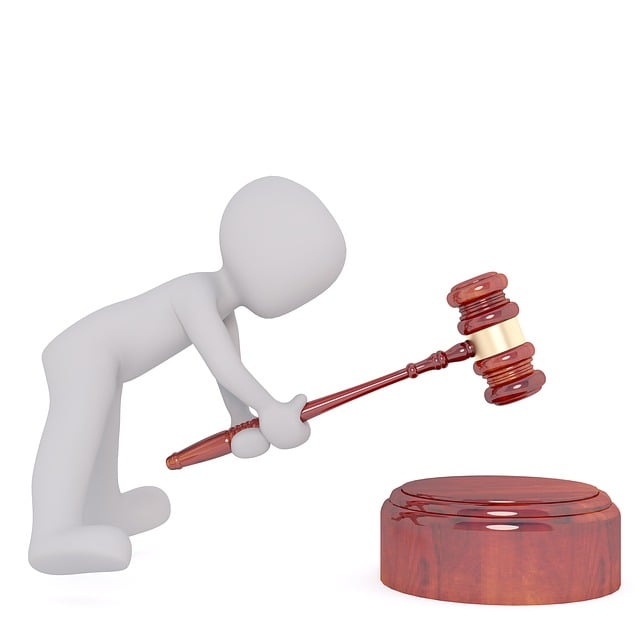Choosing auto body shop parts is crucial for vehicle safety and longevity. Opt for original equipment manufacturer (OEM) or certified alternatives for precise fits and quality. Reputable shops offer transparent options, warranties, and guarantees for peace of mind during repairs. Prioritize compatibility with OEM standards to maintain performance and structural integrity.
Before you entrust your vehicle’s repairs to an auto body shop, understanding the quality of parts they source is crucial. This article guides you through essential questions to ask about auto body shop parts. From ensuring compliance with quality standards to checking for OEM compatibility and warranty coverage, these queries will help ensure your car’s restoration uses authentic, high-quality components.
- Understanding Auto Body Shop Parts Quality Standards
- Requesting Specific Brand or Model Parts
- Ensuring Original Equipment Manufacturer (OEM) Compatibility and Warranty Coverage
Understanding Auto Body Shop Parts Quality Standards
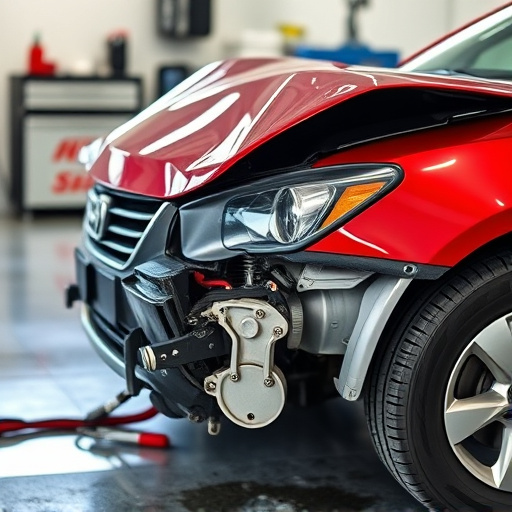
When it comes to auto body shop parts, understanding quality standards is paramount for any vehicle owner. Reputable auto body shops adhere to strict industry guidelines and use original equipment manufacturer (OEM) or certified alternative parts during repairs. These standards ensure that replacement components are of high quality and compatible with your vehicle, promoting safety and longevity.
Inspecting the source and certification of auto body shop parts is crucial for effective automotive repair. Many shops offer transparent options, allowing customers to choose between OEM parts, which are exact matches from the original manufacturer, and aftermarket or generic parts, which might be less expensive but may not provide the same level of performance and reliability as their OEM counterparts. Proper auto maintenance relies on understanding these distinctions and selecting parts that align with your automotive repair needs and budget.
Requesting Specific Brand or Model Parts
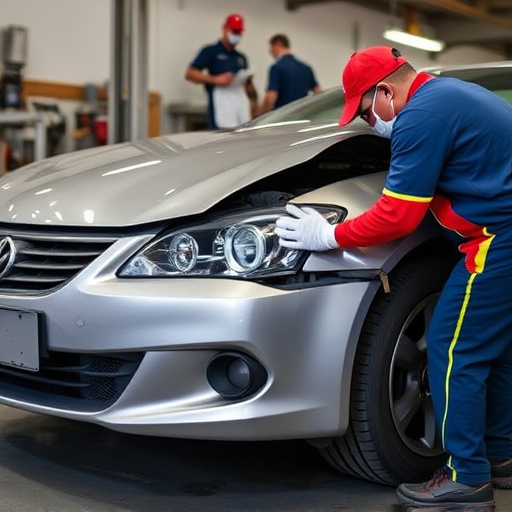
When visiting an auto body shop for repairs, it’s common to have specific preferences for the parts used in the restoration process. Many vehicle owners opt for original equipment manufacturer (OEM) parts, which are the exact same components as those originally installed on their car. Requesting OEM or specific brand and model parts ensures a precise fit and maintains the vehicle’s initial quality. This is especially crucial when dealing with intricate auto body shop parts like fenders, bumpers, or heads up displays, where a perfect alignment is vital for safety and aesthetics.
Asking the repair shop about their sources for these parts is essential. Reputable auto repair shops should be able to provide transparency on whether they use OEM parts or aftermarket alternatives. Aftermarket parts can vary widely in quality, so ensuring the shop sources reliable and certified components is key. This way, you can rest assured that your vehicle will receive top-tier auto body shop parts, contributing to a successful paintless dent repair or automotive collision repair process.
Ensuring Original Equipment Manufacturer (OEM) Compatibility and Warranty Coverage
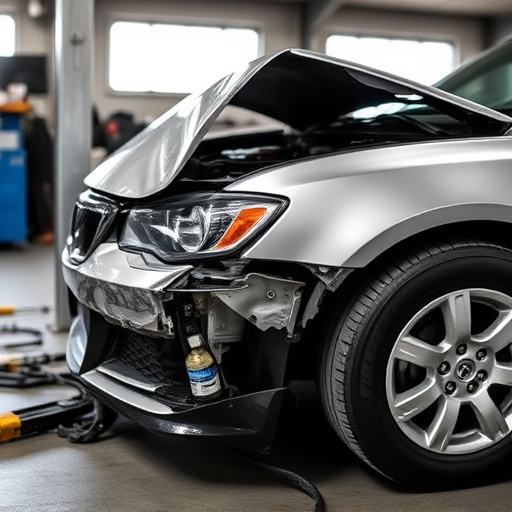
When selecting auto body shop parts for repairs, one crucial aspect to consider is ensuring they are compatible with your vehicle’s Original Equipment Manufacturer (OEM) standards. Using OEM parts guarantees that the replacement pieces precisely match your car’s make and model, fitting seamlessly into the existing structure. This compatibility is vital not only for structural integrity but also for maintaining the overall performance and safety of your vehicle.
Moreover, checking warranty coverage is essential. Reputable auto body shops should offer warranties on the parts they use, providing added protection for your investment. Understanding the terms and conditions of these warranties will give you peace of mind, knowing that if any issues arise with the parts or their installation, you’re covered. This is especially important when dealing with collision repair or automotive restoration work, where high-quality parts are necessary to restore your vehicle to its pre-accident condition.
When choosing auto body shop parts, it’s crucial to understand quality standards, specify brand and model, and ensure OEM compatibility for a reliable repair. By asking the right questions, you can make informed decisions, guaranteeing not just the safety of your vehicle but also its longevity and performance after repairs.
